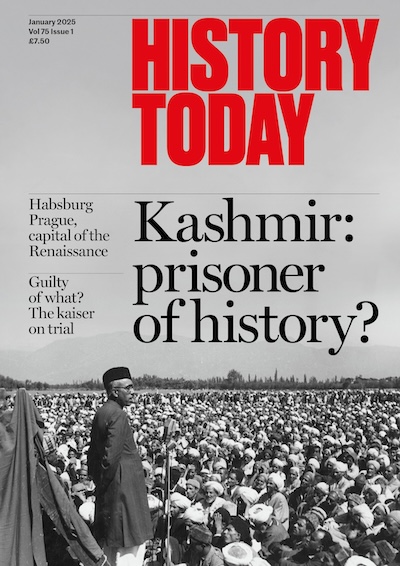Hambro and Cavour
J.D. Scott describes how a London banker, of Danish origin, played a large part in financing the unification of Italy.
In April 1851 Count Camillo Benso di Cavour became Minister of Finance in Sardinia. Few people in England could have had any idea of what this appointment was destined to mean in European history. They knew very little about the kingdom of Sardinia, perhaps finding it confusing that a state with nearly five million inhabitants, four and a half millions of whom were healthy, honest peasants congregated in the foothills of the Alps and the plains below, should take its name from a Mediterranean island, notorious for its twin plagues of banditry and malaria.
If the kingdom of Sardinia was obscure, the new Finance Minister was utterly unknown beyond its borders, and little known inside them. In 1851 Cavour was already forty-one. He was the son of one of the great families of the region, but a second son, and in any case the family was impoverished. His start in life had not been brilliant. The difficulty was that from his schooldays onwards Cavour held liberal opinions.





